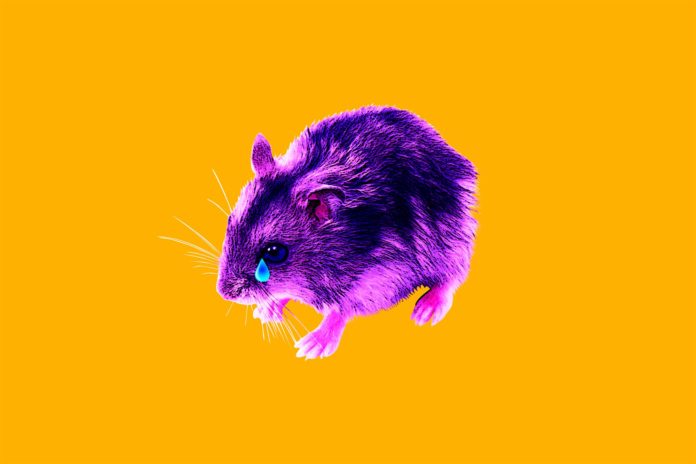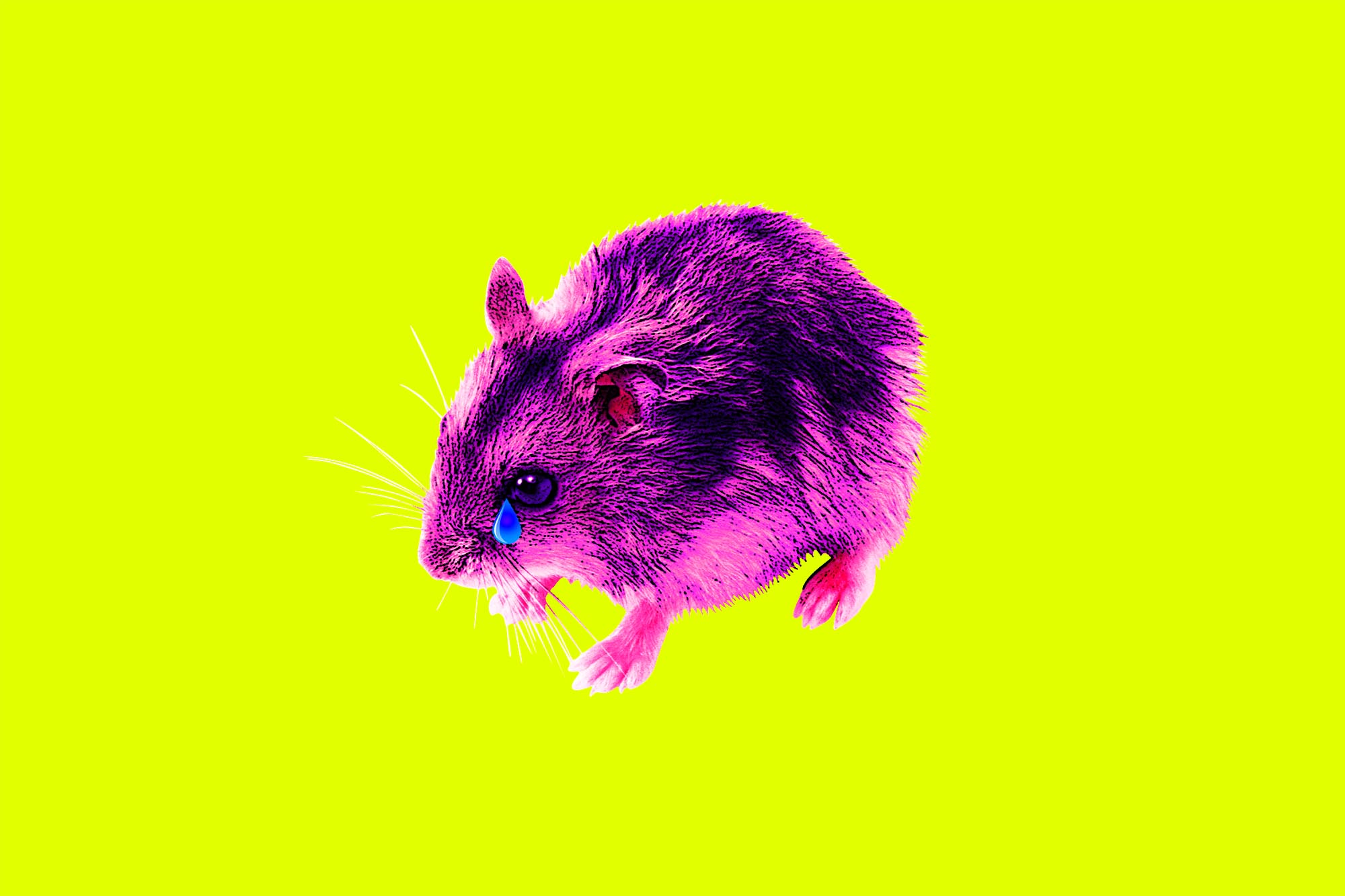
For many years, scientists have been arguing about whether it is possible to detect depression in animals. Unlike humans, animals can’t talk. It is impossible to ask animals directly about their feelings. So, how does one know if a mouse is depressed?
How to Detect Depression in Mice
Mice get depressed, as their brain is basically wired in the same way as that of human beings. How can a person detect depression signs in a mouse?
Anhedonia
According to Oliver Burton, a professor of Neuroscience, in order to find out whether a mouse is depressed, one can look for symptoms of anhedonia. A depressed mouse shows distinct features of loss or decrease of interest in activities that give pleasure. Individuals who have pet mice may notice that their pets become less active on their exercise wheels. If the mouse no longer shows interest in exercising on its wheel, this could be a sign of mouse depression.
Food Choice
Another way to detect depression is to measure the interest that the animal has in their favorite foods. If the rodent shows a lack of interest in taking its favorite meals, this could be another sign of depression.
Sexual Activity
Lack of interest in sexual activity is another way to detect whether the mouse is stressed. Rodents are usually sexually active. However, the onset of depression may lower sexual desires.
Mice are social animals. If you see a mouse distancing itself from others, it could mean that the rodent is depressed.
Exposure to Stressful Situations
One can detect depression in mice by exposing rodents to stressful situations such as forced swimming. If the rodent readily gives up while under pressure, it clearly indicates that the animal is depressed.
Sleeping Patterns
Another way to detect depression is by examining the sleeping patterns of mice. If a mouse changes its patterns in sleeping behavior, it could mean that the rodent is depressed.
Sugar and Water
This is a scientific way of detecting depression in mice. It involves the use of the sugar and water in a sequenced experiment. The mice are exposed to water on one hand and sugar on the other. If the mouse does not show any interest in the sugar, this may indicate that it is depressed.
Once you know how to differentiate a depressed mouse from a happy one, it’s time to move forward to the list of reasons why mice get depressed.
Lack of Activity
Just like human beings, mice need to stay active to feel invigorated. Lack of activity makes rodents bored, which results in depression.
If you have a pet mouse, ensure that your little friend can stay active. Give your pet a wheel to spin, and ensure that it can freely move around.
Inadequate Social Interaction
Social interaction is important for mice. As a pet owner, you want to ensure that your mouse has a friend. Keep at least two rodents in the cage to keep your animals happy. It is even better if you have one female and one male mouse, as sexual activity has been known to lessen tensions in animals and decreases chances of depression.
Deficient Food
Rodents get hungry when they don’t have enough food. In some cases, the food offered to the mice not the best option in terms of nutritional value.
Always ensure that your pet stays full. Provide it with various types of food. Mice like peanut butter, cheese, chocolate, and just about anything you can give them. In the wild, mice can even turn cannibalistic in times of food shortage. So, meat is not an unusual type of food for them either.
Sudden Environmental Changes
Sudden changes in the environment are another reason why mice may get depressed. Domestic mice may experience depression when they are moved from one cage to another. The sudden change can make a mouse moody and irritated, which can make the mouse refuse to eat.
Death of Fellow Mates
Like humans, mice can get depressed when they lose their mates. For animals that are as tiny as mice, it’s extremely dangerous. Thus, veterinary behaviorists suggest that the owners keep at least three rodents together at a time. This way, if one dies, the remaining two can keep each other company. This will help them reduce the chances of depression.


















